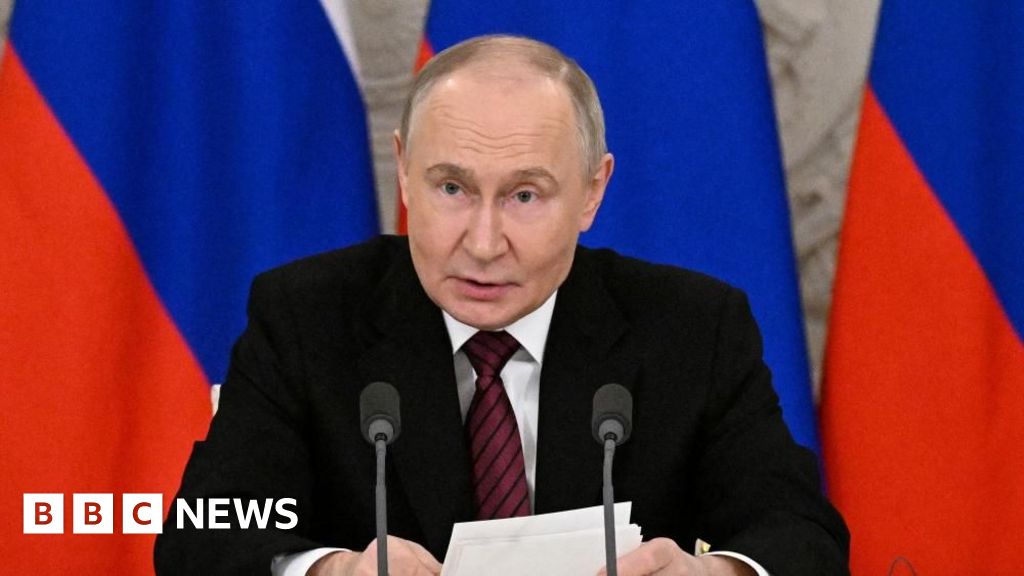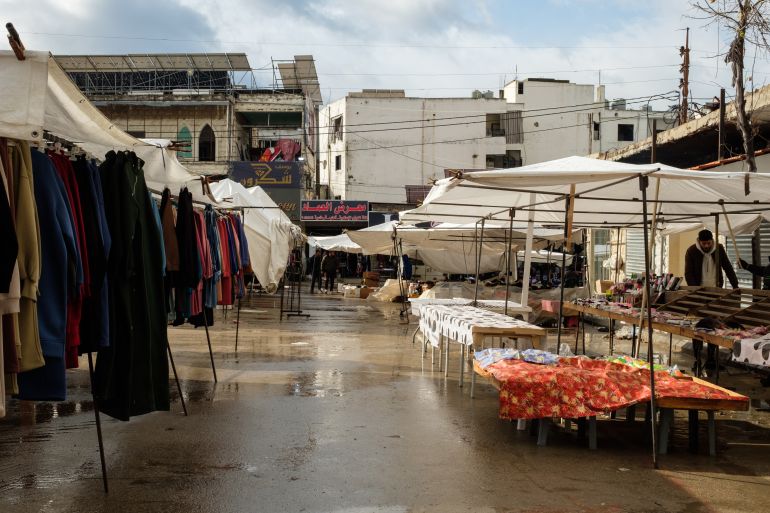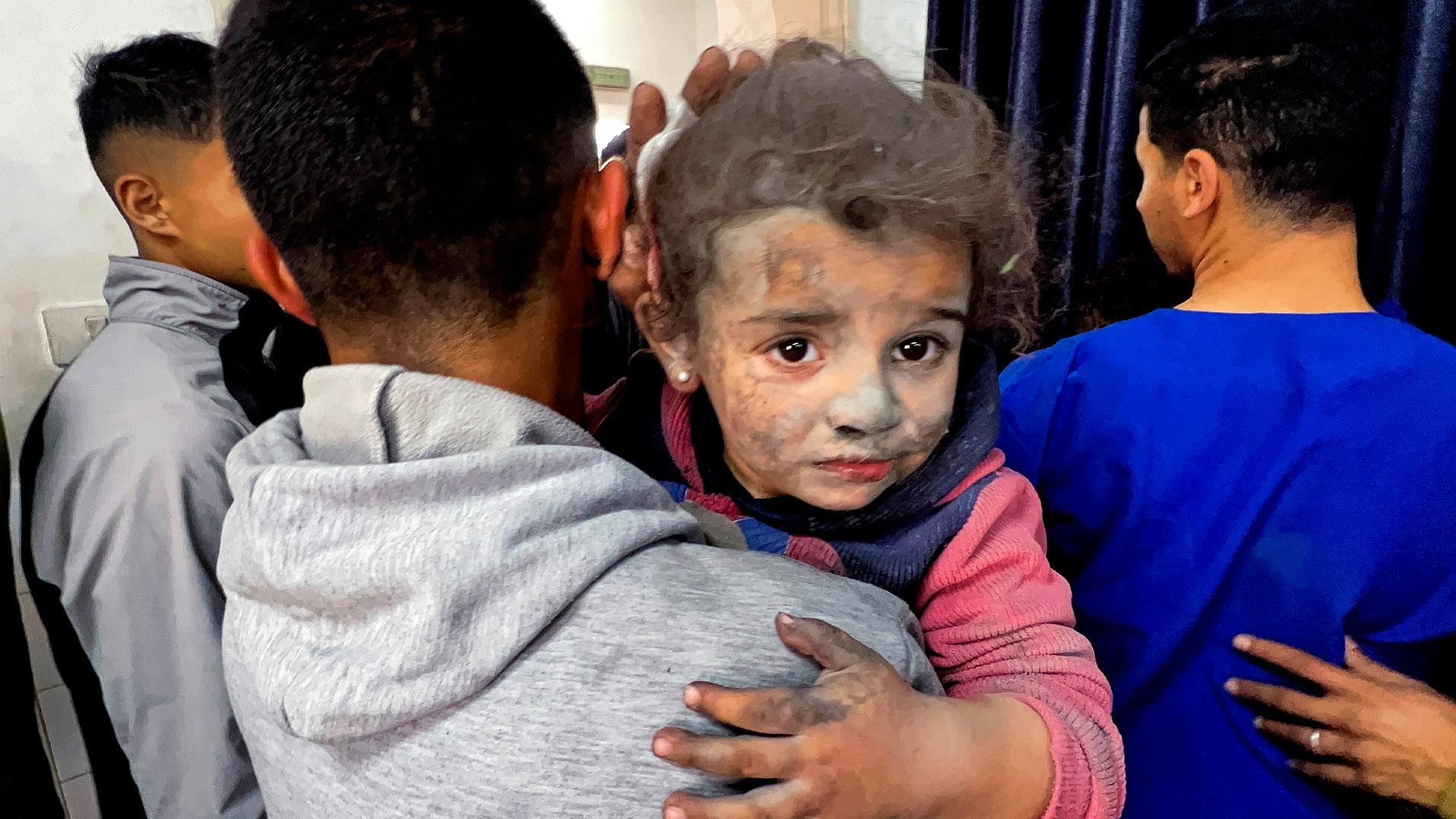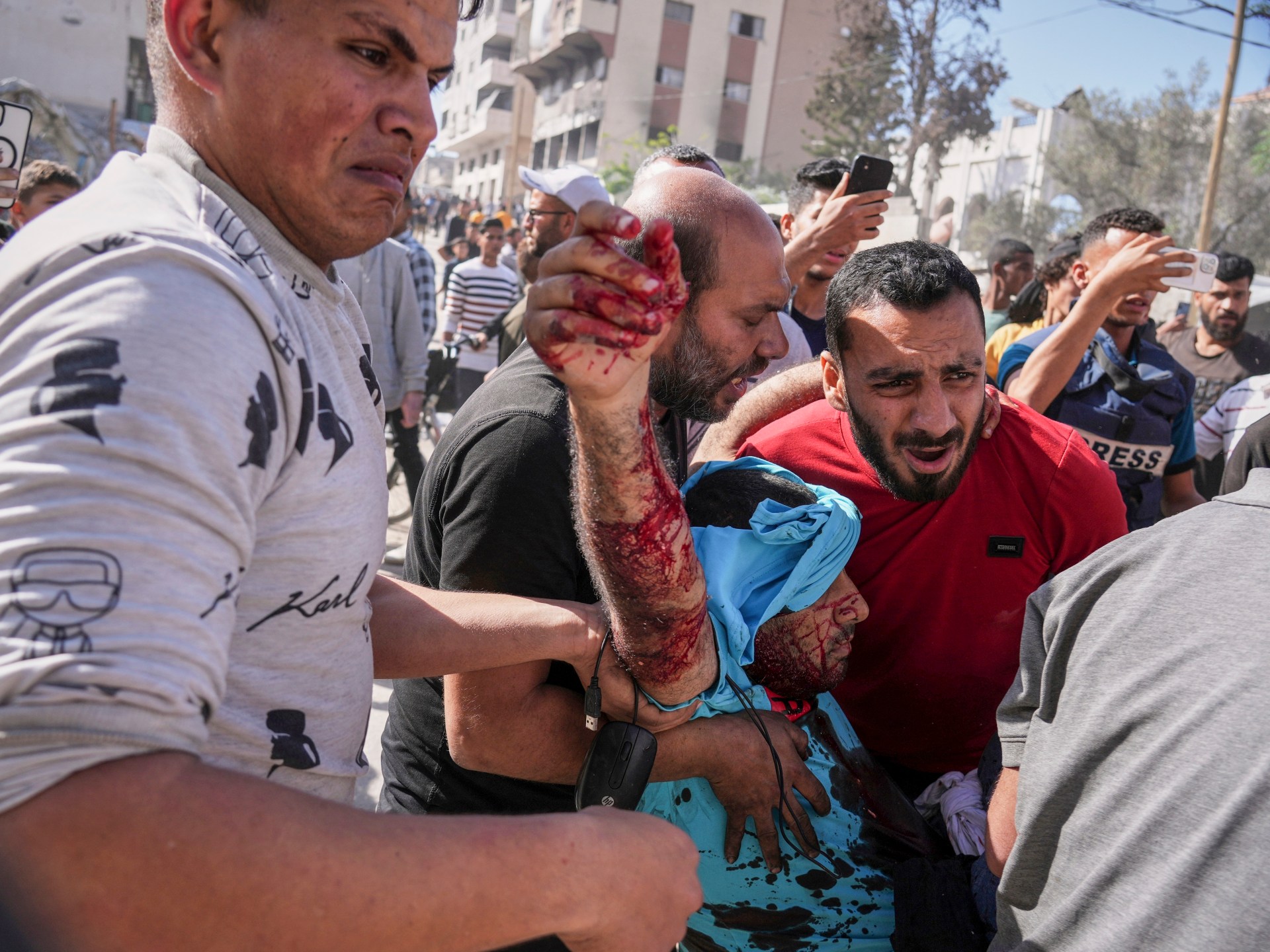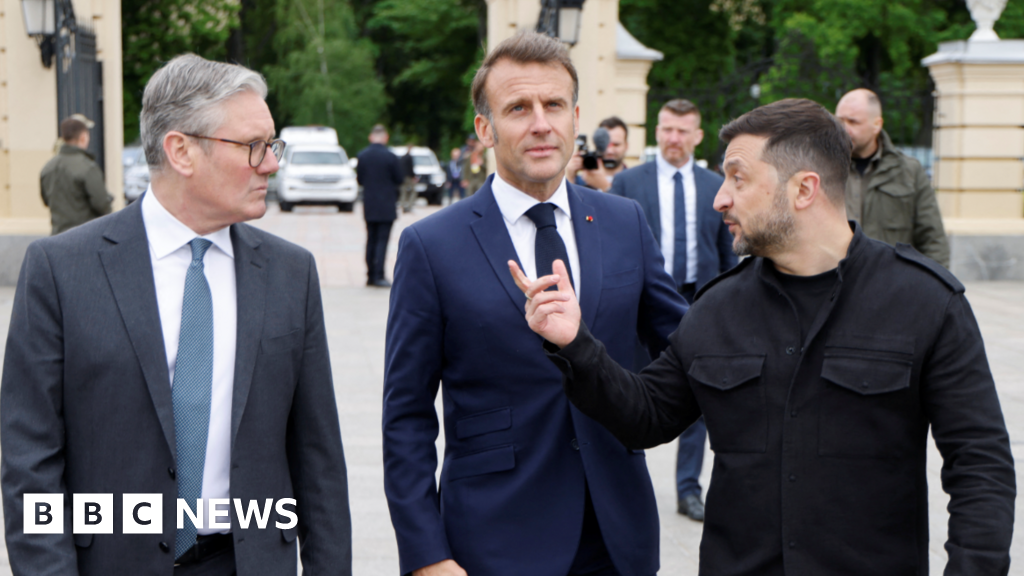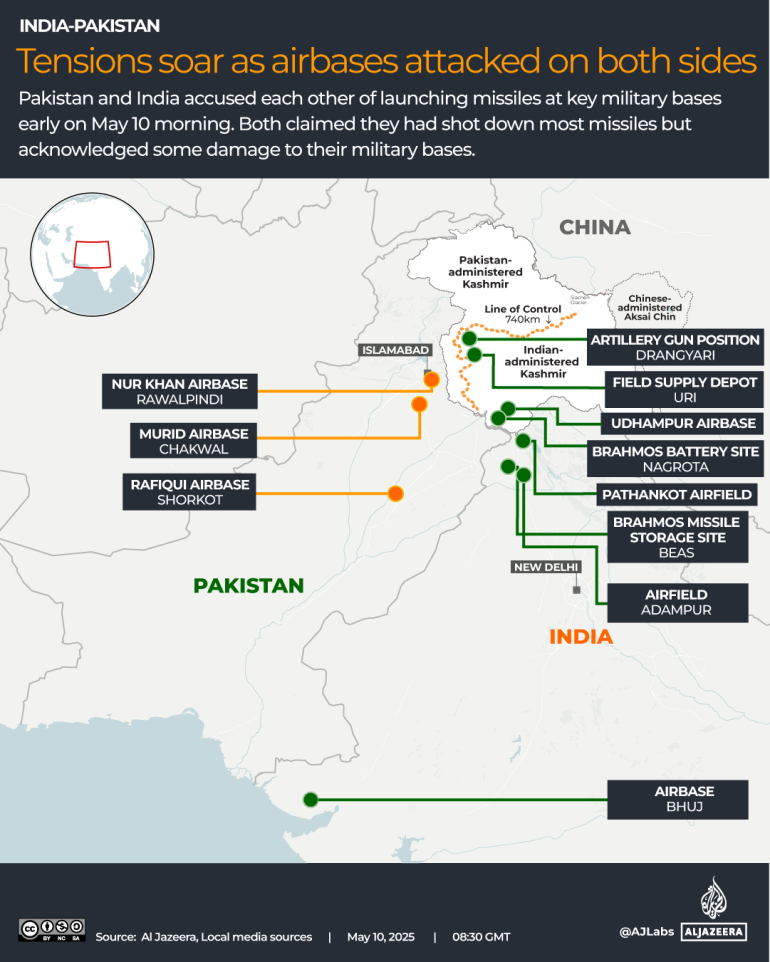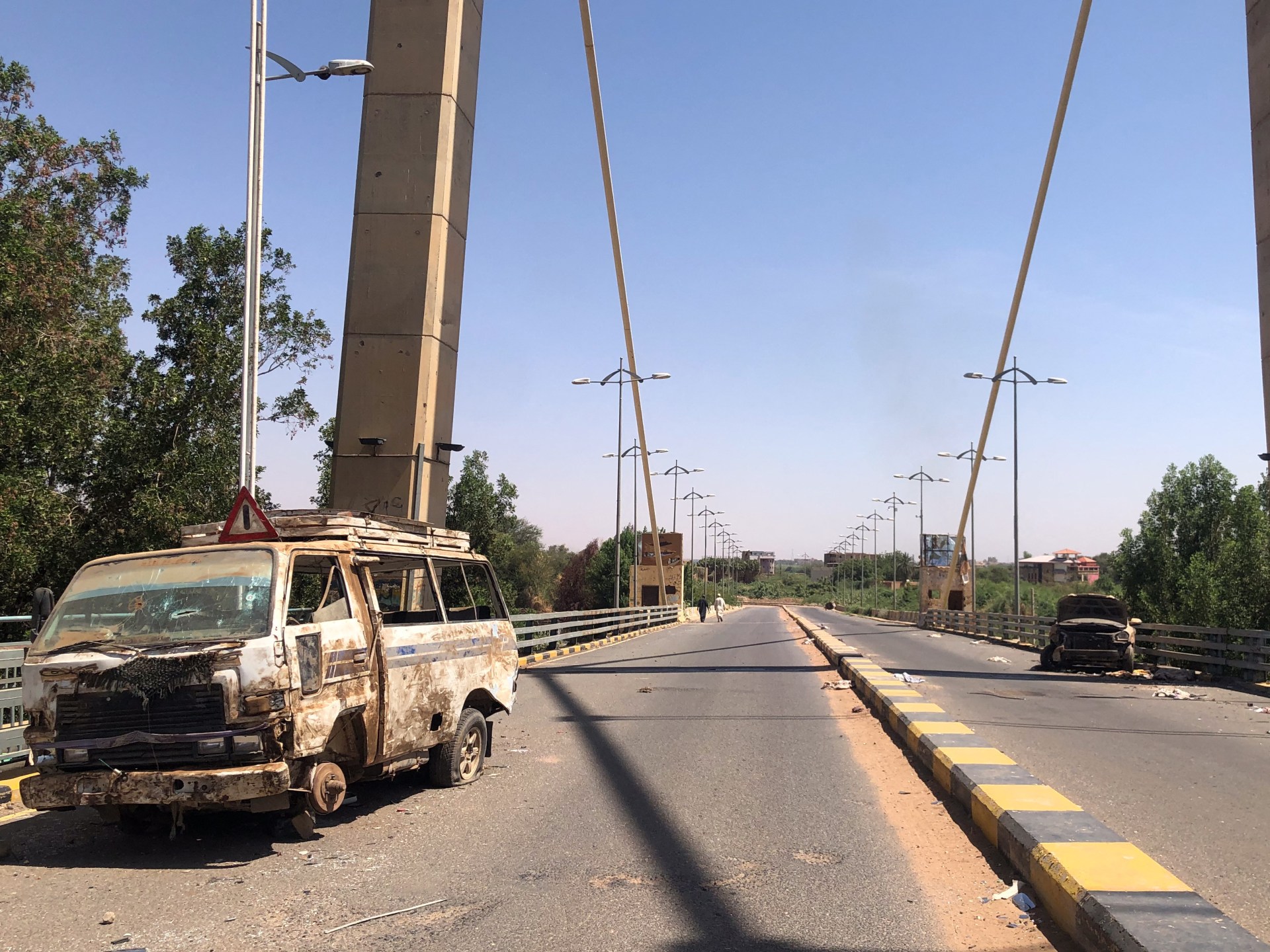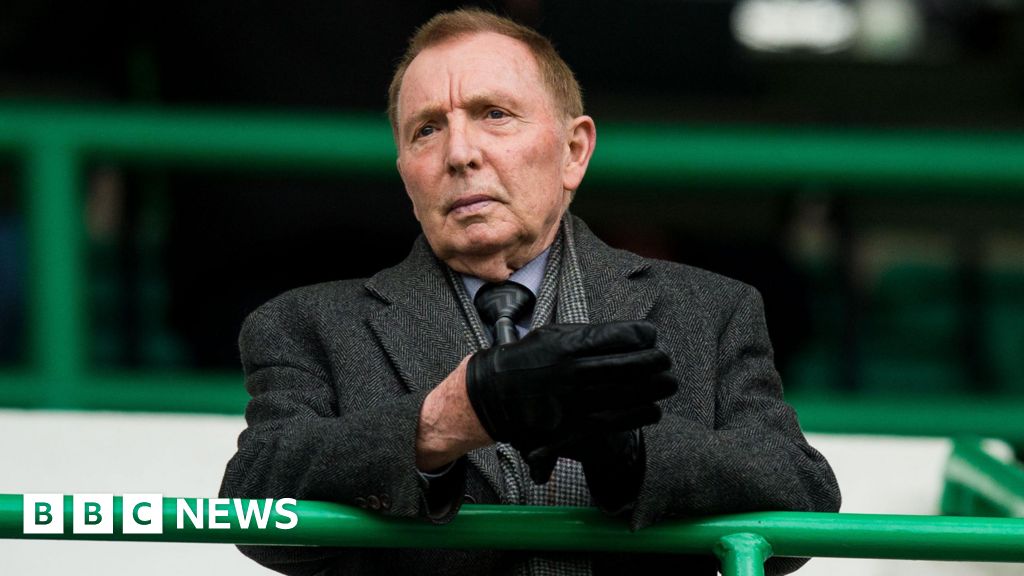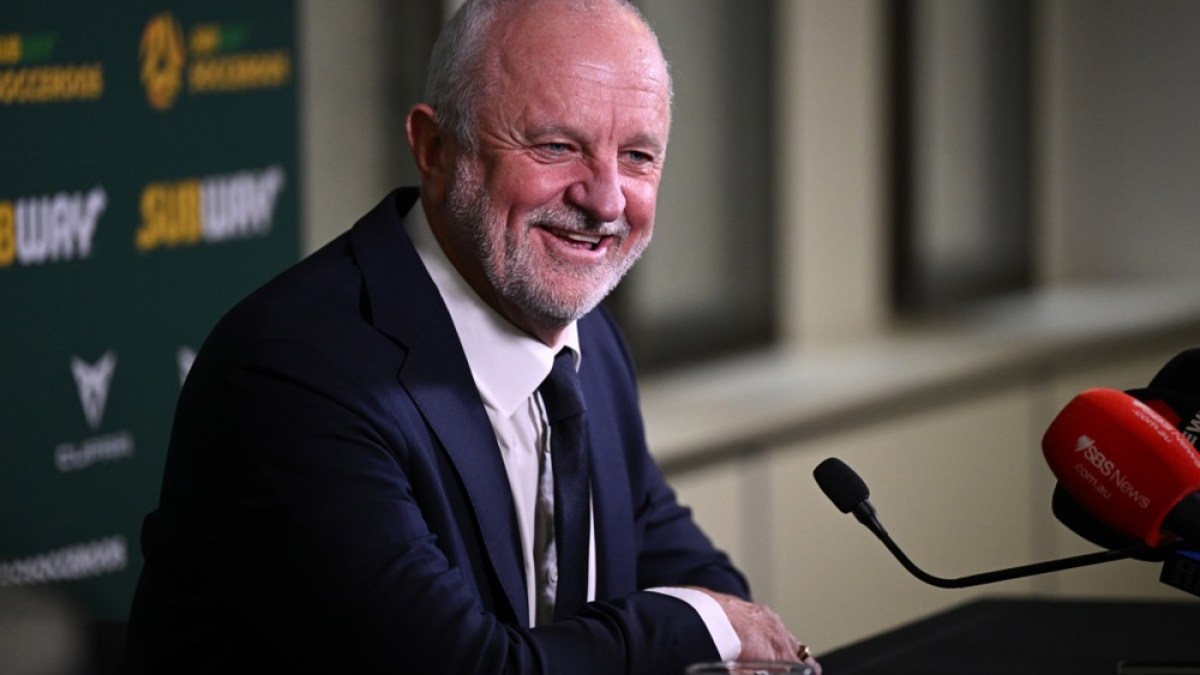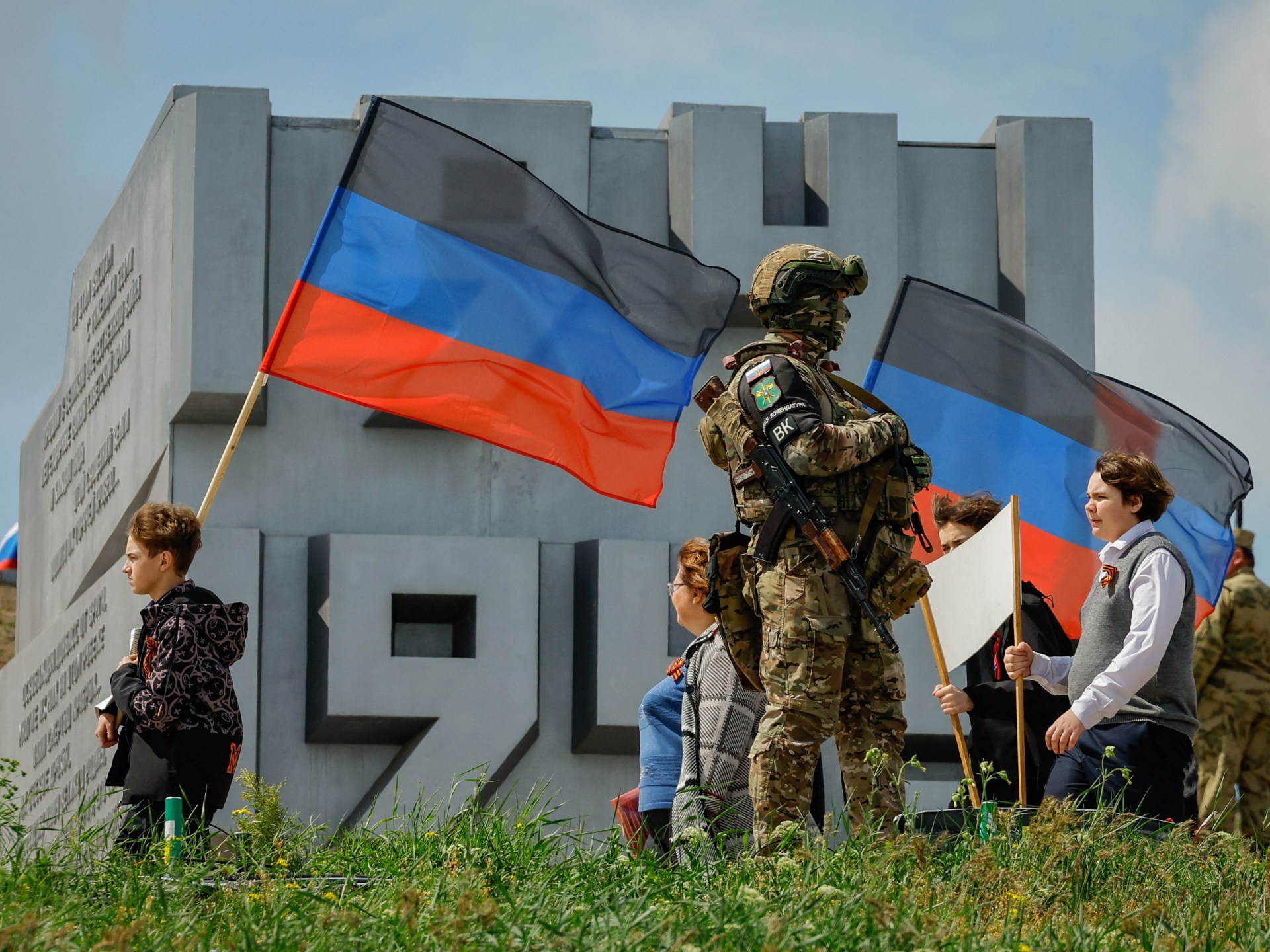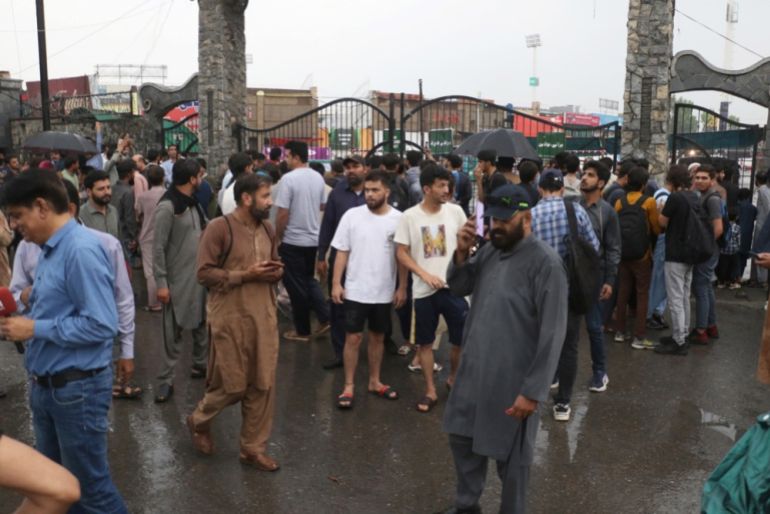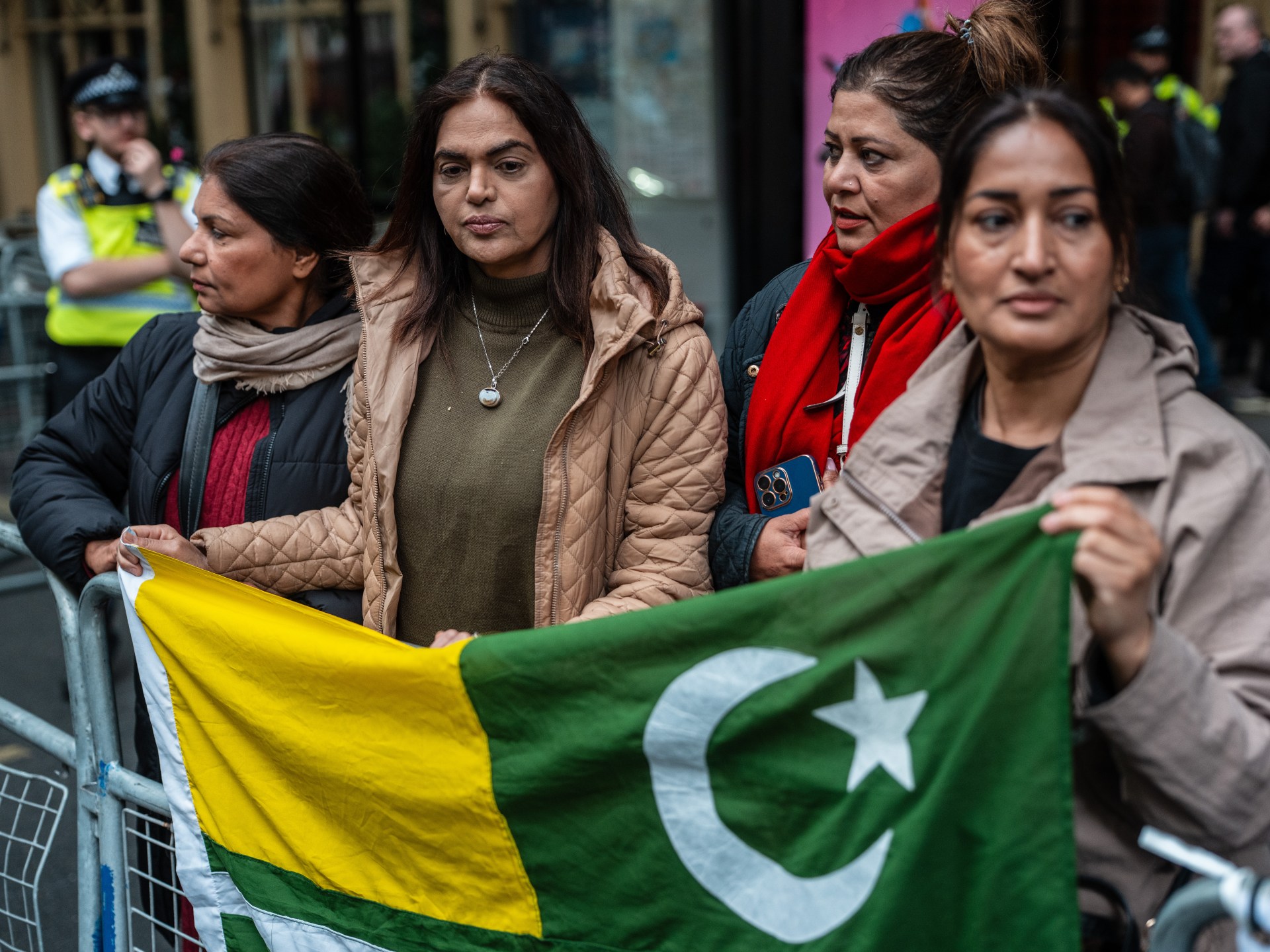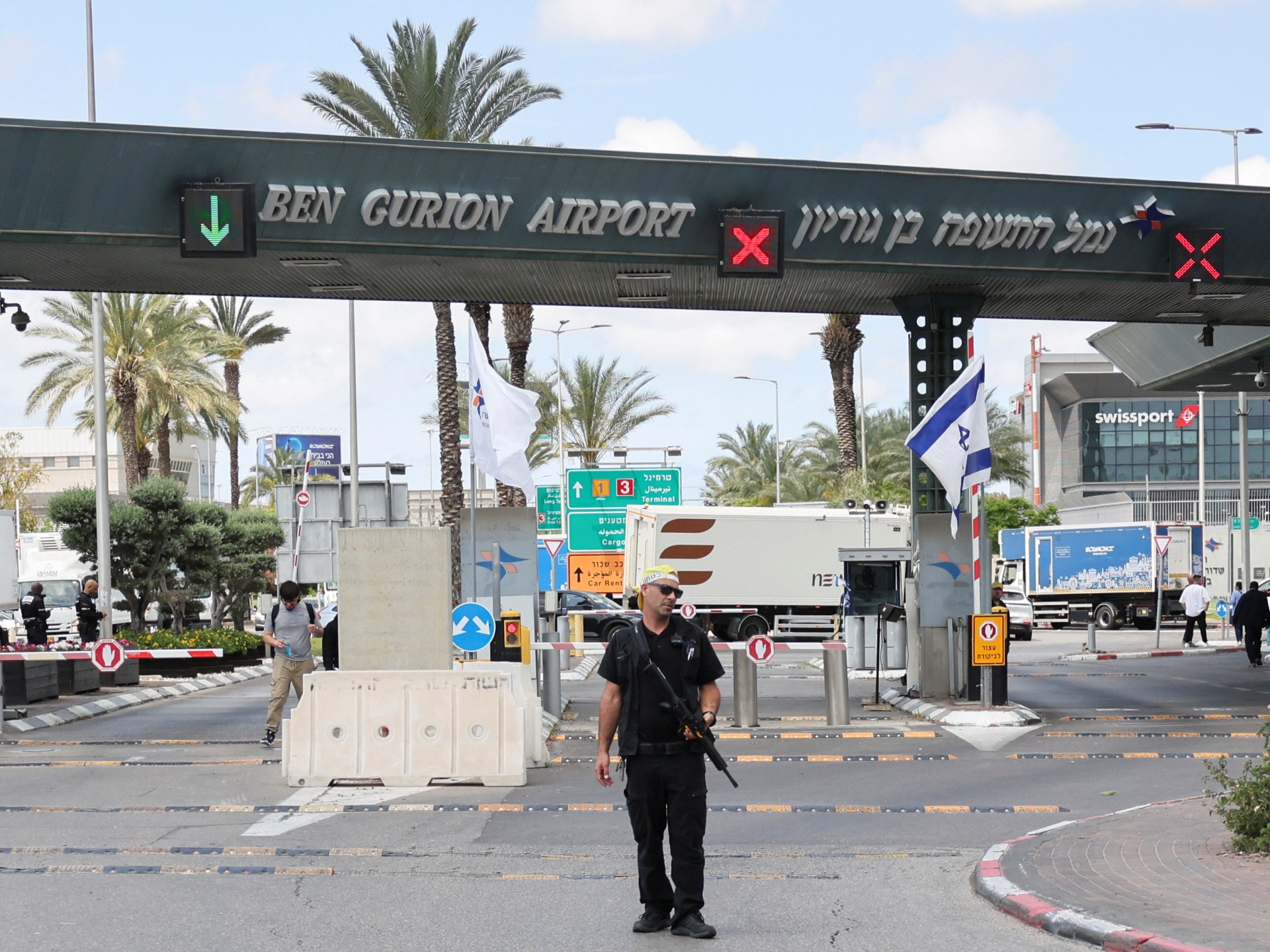Polluted airport water ‘destroyed my unborn lambs’
 BBC
BBCA pedigree livestock farmer plans to take legal action against East Midlands Airport, claiming a leaking pipe polluted the brook that runs through his rented grazing land.
David Thornley claims 25 of his 100 ewes lost their valuable pedigree lambs after drinking from Diseworth Brook in Leicestershire in 2022.
In April, East Midlands International Airport Ltd pleaded guilty to charges of exceeding the limits of its environmental permits when it released water containing chemicals from holding ponds in January and February 2022.
The airport denies any link between the discharge and bacterial pollution in the brook.

Environmental studies show de-icing chemicals, washed from airport runways, can affect water quality because they encourage the growth of “sewage fungus”, or “undesirable river biofilms”.
With more than 20 years’ experience as a prize-winning breeder, Mr Thornley says typically he would expect to lose just 2-3% of pregnancies after embryo transfer.
So in January 2022, when veterinary scans showed 25% of his impregnated ewes were no longer carrying lambs, he began to investigate.
Approaching Diseworth Brook, he says he was hit by a smell that “took your breath away”.
He took photos of the brook covered in a brown substance, which he now believes was sewage fungus.
When he and his son walked upstream, they found “black sludge” emerging from an outlet pipe below the airport’s holding ponds.
“There was nothing coming from above [that part of] the stream,” he says.
“It was clear as clear, and it smelt lovely until it got to that pipe.”
‘Small leak identified’
Mr Thornley immediately reported his pollution concerns to the Environment Agency (EA), which attended the following day.
When he contacted the airport in January 2022, its reply, seen by the BBC, confirmed: “There was an incident… where a small leak was identified into Diseworth Brook.”
The airport said in its email to Mr Thornley it was working with the EA, which was “now happy the issue had been resolved and there were no further impacts to the local watercourse”.
In February 2022, Mr Thornley asked a specialist company to take water samples.
The laboratory results showed the water was polluted with bacteria and unfit for livestock to drink.
However, the results did not prove a link between the bacteria and airport de-icing chemicals.
 David Thornley
David Thornley“It’s devastating,” says Mr Thornley. “[Losing the lambs] has a big impact on the family. You can’t replace those bloodlines or that breeding overnight. It’s tens of years of breeding and investment to breed the right quality stock.”
Mr Thornley is asking for compensation of £50,000.
The EA asked Mr Thornley to give evidence in its case against the airport.
But that evidence was never heard.
The agency told the farmer he was no longer required after the airport’s lawyers unexpectedly entered guilty pleas to three of six charges at a pre-trial review.
The EA says those charges relate to the discharge of contaminated wastewater into the River Trent between 14 January 2022 and 4 February 2022, but declined to comment or give more detail until sentencing on 25 July.
 David Thornley
David ThornleyMr Thornley said airport staff had seemed sympathetic in initial meetings.
For two years, the airport paid his rent for extra grazing land to keep his stock away from the brook between November and April.
Those are the months when the airport has EA permits to discharge water containing de-icing chemicals from balancing ponds holding run-off from its runways.
But Mr Thornley says the airport is now refusing to continue the rental arrangement and claims he has not had a reply to letters from his insurance company lawyers.
He says he no longer trusts the airport to keep him informed about water quality and will continue to keep his livestock away from the brook from November to April.
‘Victorian legacy’
The EA’s case against the airport was supported by members of the Derby Railway Angling Club, who blame de-icing chemicals for causing large plumes of sewage fungus in the River Trent and threatening rare fish.
Before he retired, member Gary Cyster was a senior fisheries inspector for the EA.
He says he is disappointed that the agency did not pursue three further charges against the airport, including one linking airport chemical discharges to plumes of sewage fungus in the River Trent.
“Sewage fungus is like a legacy from the Victorian times,” he says.
“We shouldn’t be seeing any sewage fungus. If effluent is going into the River Trent, there should be a finite limit for BOD [biological oxygen demand].”
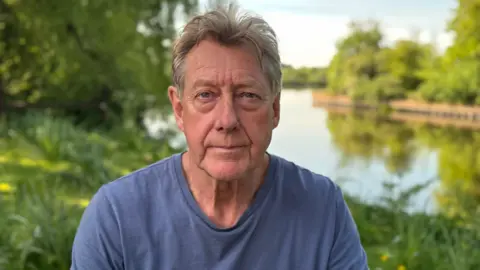
Mr Cyster says the Trent is home to some of the rarest fish in the country, including the spined loach and the bullhead, and these could be threatened by sewage fungus and low oxygen levels caused by de-icing chemicals.
He says he has research indicating that East Midlands Airport is the only airport in the country which does not have a finite BOD limit for discharging into a major river. Instead its “load-based” EA permit says that discharges should not have “adverse effects” on plants or animals in the water and that there should be “no significant adverse visual effect”.
“We feel like the River Trent has been sold down the river,” he says.
He is also concerned about the airport’s continuing expansion and plans for the East Midlands Freeport.
“This is going to affect all the watercourses around the area. So it’s about time that we had a modern treatment works there and they stop this pollution.”
What the airport says
East Midlands Airport said: “We take our environmental responsibilities very seriously and work closely with the Environment Agency on the operation of our water drainage system.
“We are aware of Mr Thornley’s concerns, take them seriously and have always responded to his correspondence.
“However, the issues he raises do not form any part of the evidence in the case that the Environment Agency has brought to court.
“The pollutants identified in the sample testing he undertook are not found in the de-icer products used by the airport but were instead contaminants associated with sewage, which the airport does not discharge to the brook.
“We are unable to comment further until the case reaches its full conclusion.”
How do de-icing chemicals affect streams and rivers?
For safety reasons, UK airports routinely use de-icing chemicals during winter months to protect aircraft and runways.
They pose a pollution danger, so airports are required to have treatment systems in place. Discharges should be monitored by the environmental regulator.
Bangor University researcher Dr Ben Exton investigated the impact of de-icing chemicals such as propylene glycol for his PhD.
He likens the effect of these chemicals on water-born bacteria to offering hungry humans a roomful of fattening fast food.
“It’s a bit like an unlimited flood of burgers… [the bacteria] grow extremely quickly, and as they grow, they deplete dissolved oxygen and stress other species,” he says.
“They blanket the river bed, and that kills off other things in the river.”
Numerous studies have shown de-icing chemicals cause habitat loss and poor water quality for invertebrates and fish.
“It’s been going on for years,” says Dr Exton.
“It’s really difficult to treat the de-icer contaminated water because, unlike things like sewage, it comes in fluxes.
“Biological systems that break down these compounds don’t ramp up and down well.”
A document on East Midlands Airport’s website flags de-icing chemicals as a “challenge”. The document outlines its permit limits and how it treats the run-off in winter and summer ponds to protect local waterways.
Its guilty pleas last month relate to breaching those permits.


